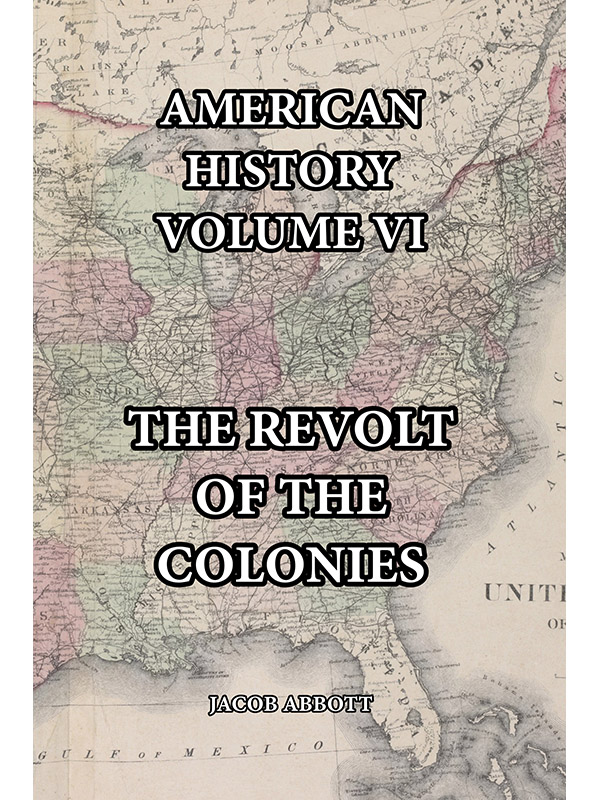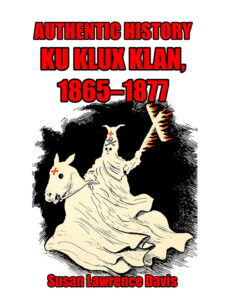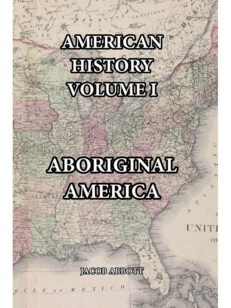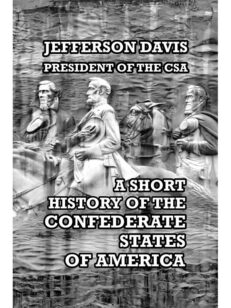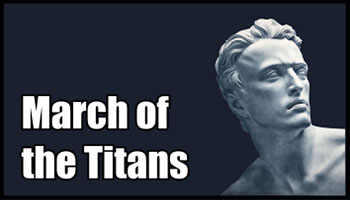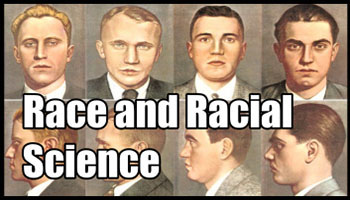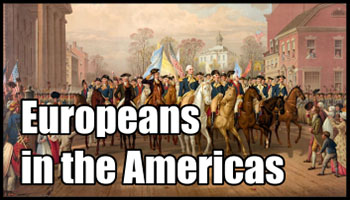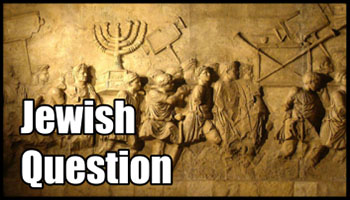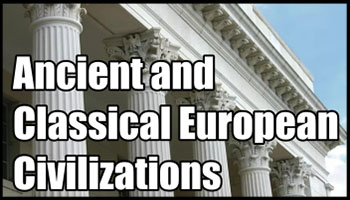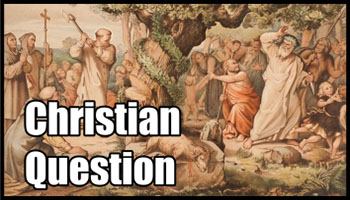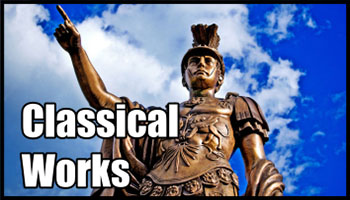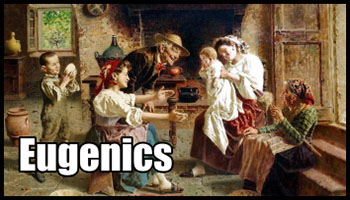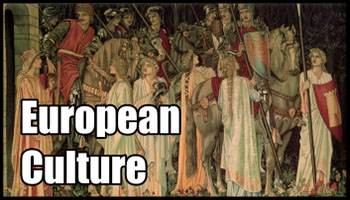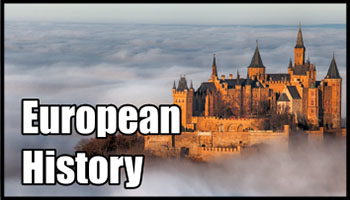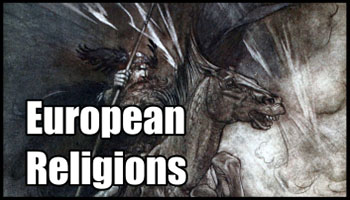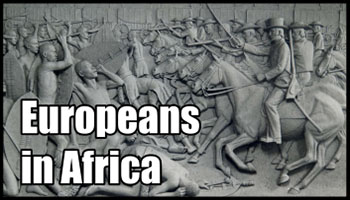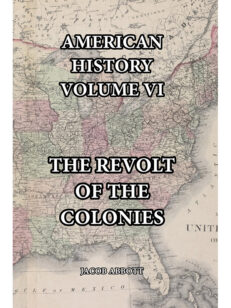Description
Part six of an eight part series on the history of America from its earliest times through to the age of George Washington, told by master storyteller Jacob Abbott.
This volume provides a fascinating and detailed account of all the events that led up to the opening military engagements of what became the American Revolution. Starting with a discussion of how the concept of government, independence, and liberty took root in the thirteen colonies because of their unique social makeup, the author moves on to contrast this with the commercial and economic demands of England.
The introduction of the Stamp Act and its effect upon the colonies is treated with objectivity and the author fairly reviews both sides of the argument—and discusses many of the excesses committed by individuals on both sides.
As events sped up, the clock was set in motion for a military clash. The exploits of, among others, John Hancock, Samuel Adams, James Otis, and the other major players are revealed in gripping detail, along with the heavy-handed Boston Massacre, the burning of HMS Gaspee, the Boston Tea Party, and the Battle of Lexington—when the British finally realized that they were no longer dealing with unhappy colonists, but a full-fledged rebellion.
“The news of what had taken place at Lexington and Concord spread like wildfire among all the neighboring towns, and the people everywhere seized their arms, organized themselves into companies, and hastened to the line of the road which the troops must take in returning, to intercept and harass them on their march. They fired at them from behind trees and stone walls, and lay in ambush for them at every turn. They followed them up so closely as not to allow them a moment’s rest, and worried them with so galling and incessant a fire that they became in the end almost entirely exhausted; and indeed, it was thought that they would have been entirely cut off and the whole body captured if General Gage had not sent out a strong force to meet and rescue them. By the assistance of this force they succeeded in getting back to Charlestown, though with a loss of nearly a quarter of their number.”
Contents
CHAPTER I: Principles of Government
Divergency of European and American Ideas.—The Natural Origin of Government.—No Other Government Possible in the Early Stages of Society.—Nature and Origin of the Civil Liberties Enjoyed by the People in Europe.—American Ideas of Government.—Cause of this Diversity.—Origin of Government in America.—The Proprietary Governments.—Early Indifference of the Mother Country in Respect to the Colonies.—Increasing Importance of the Colonies.—Conflicting Claims.—Royal Charters.—Conflicts under the Charter Governors.—Contests in Respect to the Charters.—The Charter Oak at Hartford.—Progress of the Royal Governor.—The Charter Disappears.—The Charter Oak
CHAPTER II: The Mother Country and the Colonies
Relation of the Colonies to the Mother Country.—The Four Great Subjects of Contention.—1.—The Right of the Government to Regulate the Commerce of the Colonies.—The Colonial System.—Double Object to be Secured by This System.—The Colonies Unable to Resist the English Navigation Laws.—2.—The Tenure of Office in the Case of Judges.—3.—The Salaries of the Governors.—The Moderation of the Claim Made by the Colonies.—4.—The Power of Direct Taxation.—The Result, in Practice.—The Time for Direct Taxation Arrives.—Grounds of Resistance on the Part of the Colonies.—Theory of the British Constitution.—Practical Operation of the System.—Watchful Jealousy of Englishmen in Respect to This Power.—Feeling of the American Colonists.—Argument of the British Writers.—The Reply of the Colonists to This Argument.—A Real Representation of the Colonies in Parliament Proposed
CHAPTER III: The Stamp Act
The First Attempted Taxation.—Advantages of the Plan.—Great Excitement in America.—Period When These Transactions Occurred.—The Excitement Does not Subside.—The True Point at Issue.—General Convention Called.—Preparations Made in Boston for Collecting the Tax.—The Liberty Tree.—The Effigies.—Governor Hutchinson.—Plans for Removing the Effigies.—An Open Riot.—Rioting as a Remedy for Wrong.—The Sacking of Hutchinson’s Residence.—Change in Public Opinion.—Riots in Other Places.—Total Failure of the Government to Carry the Act into Effect.—Repeal of the Stamp Act.—Satisfaction and Joy of the Americans
CHAPTER IV: Progress of the Quarrel
The Controversy not Settled by the Repeal of the Stamp Act.—Unfavorable Turn of Affairs in England.—Dispute about the Damages.—Renewed Attempt to Tax the Colonists.—The Idea of the Government.—Preparations for a Contest.—Effect of These Measures in America.—John Hancock.—Samuel Adams.—John Hancock’s Sloop Liberty.—The Circular Letter of Massachusetts.—Occasion of the Circular.—The Question of Independence.—Displeasure of the Ministry with the Circular.—Decision of the Assembly of Massachusetts on the Question of Rescinding.—Address to the Ministry Accompanying the Refusal to Rescind.—Public Opinion in Boston on the Question of Rescinding
CHAPTER V: Military Preparations
Effect of the Dissolution of the Assembly.—A Convention Called.—Action of the Convention.—Rejection of the Two Petitions.—Arrival of Troops.—Landing of the Troops.—Question of Quarters.—Views of the Governor.—The Manufactory House.—A Compromise.—Great Excitement on the Following Day.—The Excitement Continues.—Interposition of General Gage.—The Officers Attempt to Conciliate the Ladies.—Burning of the Jail.—The Commissioners of Customs.—James Otis.—Otis’s Idea of His Position in a Legal Point of View.—Otis Advertises the Commissioners.—Advertisement.—Sir Francis Bernard, of Nettleham, Bart.—Anger of the Commissioners.—Results of the Assault upon Otis.—The Action for Damages
CHAPTER VI: The Middle and Southern Colonies
Opposition to the Measures of the Government General throughout All the Colonies.—Alleged Trivialness of the Causes of the Quarrel.—The Two Great Foundations of English Liberty.—General Effect of These Limitations.—Practical Result in England.—Intentions of the English Government in Respect to America.—Action of Virginia.—Lord Botetourt.—English Ideas of the Display of Pomp and Parade as an Auxiliary of Government.—Pomp and Parade Affected by Lord Botetourt.—Conciliatory Tone Adopted by the Governor in His Opening Message.—The Virginia Resolutions.—The Governor Dissolves the Assembly.—The Example of Virginia Is Followed by All the Southern Colonies.—A Minority Opposed to These Proceedings.—The Lottery Tickets.—The Pride of the Government Forbids Concession.—The Government Finally Yields.—The Colonists Far from Being Satisfied with This Declaration
CHAPTER VII: The Boston Massacre
A Misnomer.—Scene of the Massacre.—Great Increase of Hostile Feeling between the Citizens and the Soldiers.—Collisions between the Soldiers and Citizens in New York.—Tidings of These Occurrences in Boston.—Hostile Feelings toward the Friends and Partisans of the Government.—Commencement of the Difficulty Which Led to the Massacre.—Excitement on Saturday.—Attitude of the Colonial and Military Authorities.—Deliberate Arrangements Made by the Soldiers.—Examples of the Warnings Given.—Great Excitement on Monday Evening.—The Sentinels.—Murray’s Barracks.—Message from King Street.—The Sentinel Sends for Help.—A Corporal and a File of Men.—The Cry of Fire.—The Firing of the Military on the Crowd.—The People of the Custom-House Implicated.—The Result of the Trials.—Scene in the Street after the Firing.—Proceedings during the Night.—Proceedings on the Following Morning.—Meeting of the Governor and Council.—Meeting of Citizens in Faneuil Hall.—Conference with the Governor.—Report of the Committee.—The Demand upon the Governor Renewed
CHAPTER VIII: Popular Outbreaks
Long Protraction of the Preliminary Contest.—Excitement in England Produced by the Boston Massacre.—Resolutions Offered in the House of Commons.—The Ministry Will Not Yield.—Rigorous Measures Adopted.—The North Carolina Regulators.—The Party of the Regulators Increased and Strengthened.—Few—The Leader of the Regulators.—Defeat of the Regulators.—The Sloop Liberty.—Resentment of the People.—The Affair of the Gaspee.—Ineffectual Attempts to Procure Redress.—The Gaspee Runs Aground.—John Brown.—Preparations for an Attack on the Gaspee.—Account Given by One of the Participants in the Affair.—Great Excitement Produced by the Affair.—Royal Commission Appointed.—Aaron Briggs.—Abraham Whipple.—The Boston Tea Party.—Ingenious Contrivance of the British Government for Inducing the Colonies to Submit to be Taxed.—The Plan Does not Succeed.—Another Very Ingenious Scheme Adopted.—Disposition Made of the Tea Sent to the More Southern Ports.—The Boston Consignees Called upon to Resign.—The Meeting at the Liberty Tree.—Subsequent Proceedings.—Town Meeting Called.—Increase of Excitement.—Evening Party at the House of a Consignee.—Flight of the Consignees from the Town.—Arrival of the First Cargo of Tea.—Public Meeting on Monday.—Meeting on Tuesday.—Proclamation from the Governor.—Definite Measures Adopted.—A Fortnight of Suspense and Negotiation.—Difficulties and Complications of the Affair.—Final Effort to Procure a Clearance for the Ship.—Mass-Meeting on the Last Day.—The Afternoon Meeting.—Governor Hutchinson.—The Meeting in the Evening.—Sudden Breaking up of the Meeting.—Destruction of the Tea
CHAPTER IX: The Boston Port Bill
Excitement in England.—The Port Bill.—Period during Which the Harbor of Boston Was to Remain Closed.—Other Measures Adopted for Bringing the Colony under Control.—Remodeling of the Provincial Government.—Provision for Conveying Accused Persons out of the Colony for Trial.—Effect of the Announcement of These Measures in America.—Appointment of a New Governor.—Reception of Governor Gage in Boston.—Arrival of the Intelligence of the Passage of the Port Bill.—Effect of the Intelligence upon the Country at Large.—Arrival of the Fatal Day.—Sympathy of Other Colonies with Massachusetts.—Material Aid for the People of Boston.—Magnanimous Conduct of Salem and Marblehead.—Organization of a Continental Congress
CHAPTER X: War
Preparations.—Open Rupture between Governor Gage and the Massachusetts Legislature.—Vigorous Measures.—Adopted by the Provincial Congress.—Attempts on Both Sides to Secure Arms and Ammunition.—Affair of the Drawbridge at Salem.—A Force Sent by Water.—Preparations for Opposing Their Progress.—A Compromise.—The Battle of Lexington.—The Secret Discovered.—The Result.—The Troops Greatly Harassed on Their Return.—The Result
About the author: Jacob Abbott (1803–1879) was a native of the state of Maine who was a professor of mathematics and natural philosophy, a minister, and founder of two schools (the Mount Vernon School for Young Ladies in Boston and the Mount Vernon School for Boys, in New York City). He wrote more than 180 books and became famous for his easy-to-read style of historical storytelling, stripped of the dry dustiness which characterized other texts.
173 pages. Paperback.
The American History Series by Jacob Abbott:
Volume I: Aboriginal America
Volume II: Discovery of America
Volume III: The Southern Colonies
Volume IV: The Northern Colonies
Volume V: Wars of the Colonies
Volume VI: Revolt of the Colonies
Volume VII: War of the Revolution
Volume VIII: George Washington

